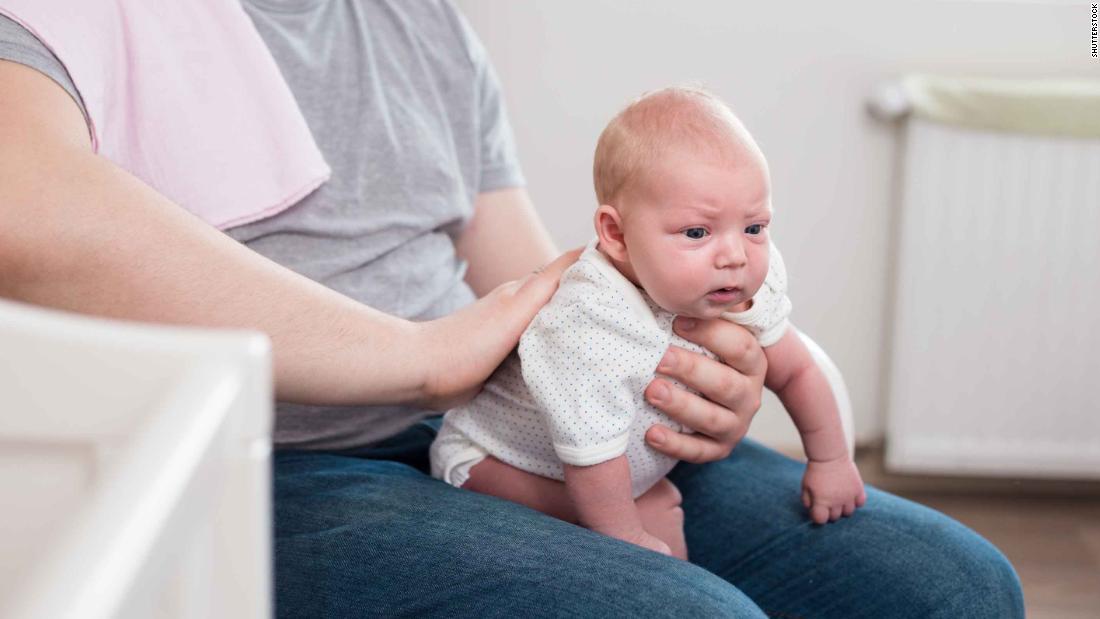[ad_1]
In a study led by University College London (UCL), researchers monitoring 13 newborn babies found that hiccupping triggered a large wave of brain signals which could aid their development.
Lorenzo Fabrizi, the study’s senior author, said in a statement that this brain activity might help babies “to learn how to monitor the breathing muscles,” eventually leading to an ability to control breathing voluntarily.
He added: “When we are born, the circuits which process body sensations are not fully developed, so the establishment of such networks is a crucial developmental milestone for newborns.”
Since the babies involved in the study were pre-term and full-term, ranging from 30 to 42 weeks gestational age, the scientists believe this development could be typical of the final trimester of pregnancy.
According to the researchers, fetuses and newborn infants often hiccup.
The phenomenon is seen as early as nine weeks into pregnancy, and pre-term infants — those born at least three weeks premature — spend approximately 15 minutes hiccupping every day.
The pre-term and full-term newborns involved in the study had electrodes placed on their scalps and sensors on their torsos to monitor for hiccups.
Scientists found that contractions in the babies’ diaphragms produced three brainwaves, and believe that through the third brainwave babies may be able to link the ‘hic’ sound of the hiccup to the physical contraction they feel.
Kimberley Whitehead, the study’s lead author, told CNN: “The muscle contraction of a hiccup is quite big — it’s good for the developing brain because it suddenly gives a big boost of input, which helps the brain cells to all link together for representing that particular body part.”
She added that hiccups have no known advantage for adults, and suggested they could be an example of “a hangover from early periods of our life that persists into later life.”
The same researchers have previously theorized that a baby’s kicks in the womb may help it to create a mental map of its own body.
Their new findings may show the same process occurring internally.
[ad_2]
Source link



